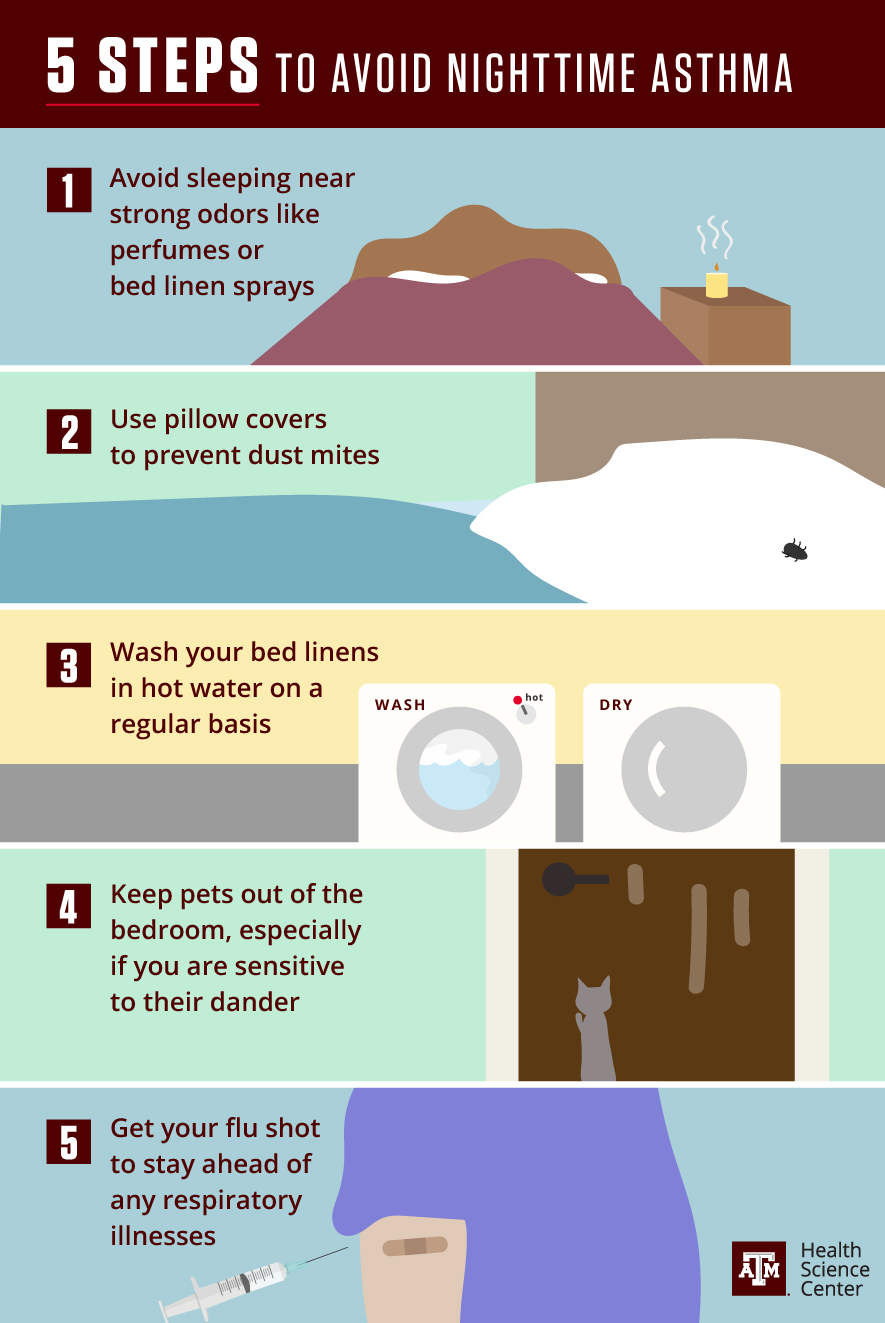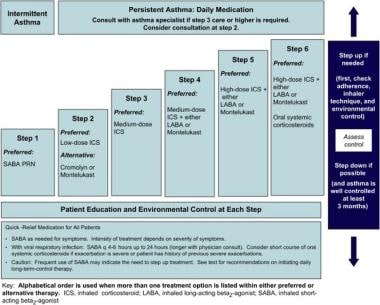

This asthma phenotype is associated with poorer control, reduced sleep quality, daytime somnolence and increased morbidity and mortality. Sleep is a time of vulnerability to respiratory compromise, especially in asthma patients experiencing nocturnal exacerbations. It tends to occur within a few hours after you’ve fallen asleep. As a result, you wake up gasping for air.

The role of polymorphisms of the β2-adrenergic receptor and their relationship with nocturnal asthma remain controversial. Paroxysmal nocturnal dyspnea (PND) causes sudden shortness of breath during sleep.
Nocturnal asthma trial#
A large trial concluded that esomeprazole did not improve asthma control even with comorbid acid reflux, questioning the importance of acid reflux in asthma. The prevalence of obstructive sleep apnea is greater in a cohort of patients with severe asthma than in moderate asthma and in BMI and age matched nonasthmatic controls, suggesting a link between these diseases. p>Nocturnal asthma is defined by a drop in forced expiratory volume in 1 second (FEV1) of at least 15 between bedtime and awakening in patients with clinical and physiologic evidence of asthma. Up to 40 of children will have a wheeze at some point, which, if reversible by beta-2 agonists, is termed asthma, regardless of lung function tests. 1 Nocturnal asthma, defined as nighttime worsening of asthma symptoms and lung function, is a common disease presentation that affects nearly two thirds of the patients. It is significantly more common in children. Asthma is a heterogeneous airway disease that is characterized by variable clinical presentation. Comorbid conditions that may contribute to nocturnal asthma should be considered. Asthma is a common pathology, affecting around 15 to 20 of people in developed countries and around 2 to 4 in less developed countries. Many people with asthma may or may not experience noticeable symptoms throughout the day but suddenly suffer from wheezing and trouble breathing when they lay down to sleep at night. Administration of long-acting bronchodilators and inhaled corticosteroids which achieve maximum efficacy at night may improve nocturnal asthma. Nocturnal asthma is a type of asthma that shows more severe symptoms during nighttime and sleep. Chronotherapeutic principles, which consider circadian variation in relevant biologic rhythms, may improve asthma outcomes. Physiologic changes accompanying sleep, as well as the nocturnal phase of circadian rhythms, may have an adverse effect on asthma control.

The aim is to review pathophysiological mechanisms and treatment of nocturnal asthma.


 0 kommentar(er)
0 kommentar(er)
